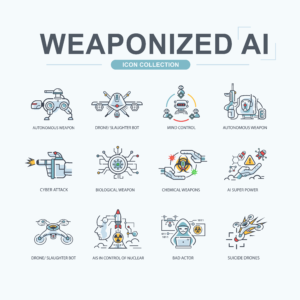The university of Nottingham’s AI in Research and Knowledge Exchange (RKE) group, led by Bernd Stahl, Professor of Critical Research in Technology, School of Computer Science, recently hosted a workshop that delved into the application and impact of artificial intelligence (AI) across research and knowledge exchange.
The workshop which took place on Wednesday 6th of November, brought together a wide range of colleagues from across the University to explore diverse AI-driven initiatives already underway, with academics presenting on how AI is enhancing research efficiently and driving ground-breaking academic innovation.
Tom Rodden, Pro-Vice Chancellor for Research and Knowledge Exchange, opened the event with a welcome address. He stressed the importance of embracing AI thoughtfully: “AI research has evolved from a niche area of uncertain ideas to a powerful, transformative tool. However, as researchers, we must look beyond the hype, as challenges in accuracy, efficiency, and real-world application remain.” He continued, “At Nottingham, we’re well-placed to make a real impact by focusing on trusted, interdisciplinary research. Our approach emphasises responsible data use and addresses the ethical challenges AI presents. Now is the time to build on these strengths and explore what AI can truly achieve.”
The event featured panel discussions, enabling attendees to engage with the speakers, share reflections and exchange experiences, and finished with a plenary discussion with time for attendees to share their thought on the university’s next steps for AI in RKE.
Bernd reflected ““This was an incredibly valuable event. It was fantastic to have everyone together to explore the many ways AI is advancing research at University of Nottingham. Hearing about the impressive work being done was truly eye-opening. Colleagues agreed that learning about each other’s approaches, challenges, and solutions was invaluable, and it sparked fresh ideas for how these insights could be applied to their own research areas.”


